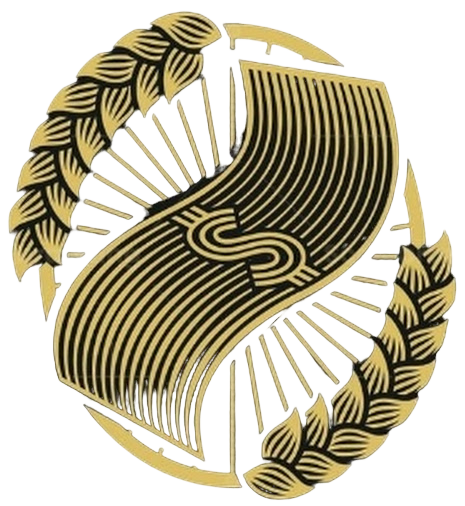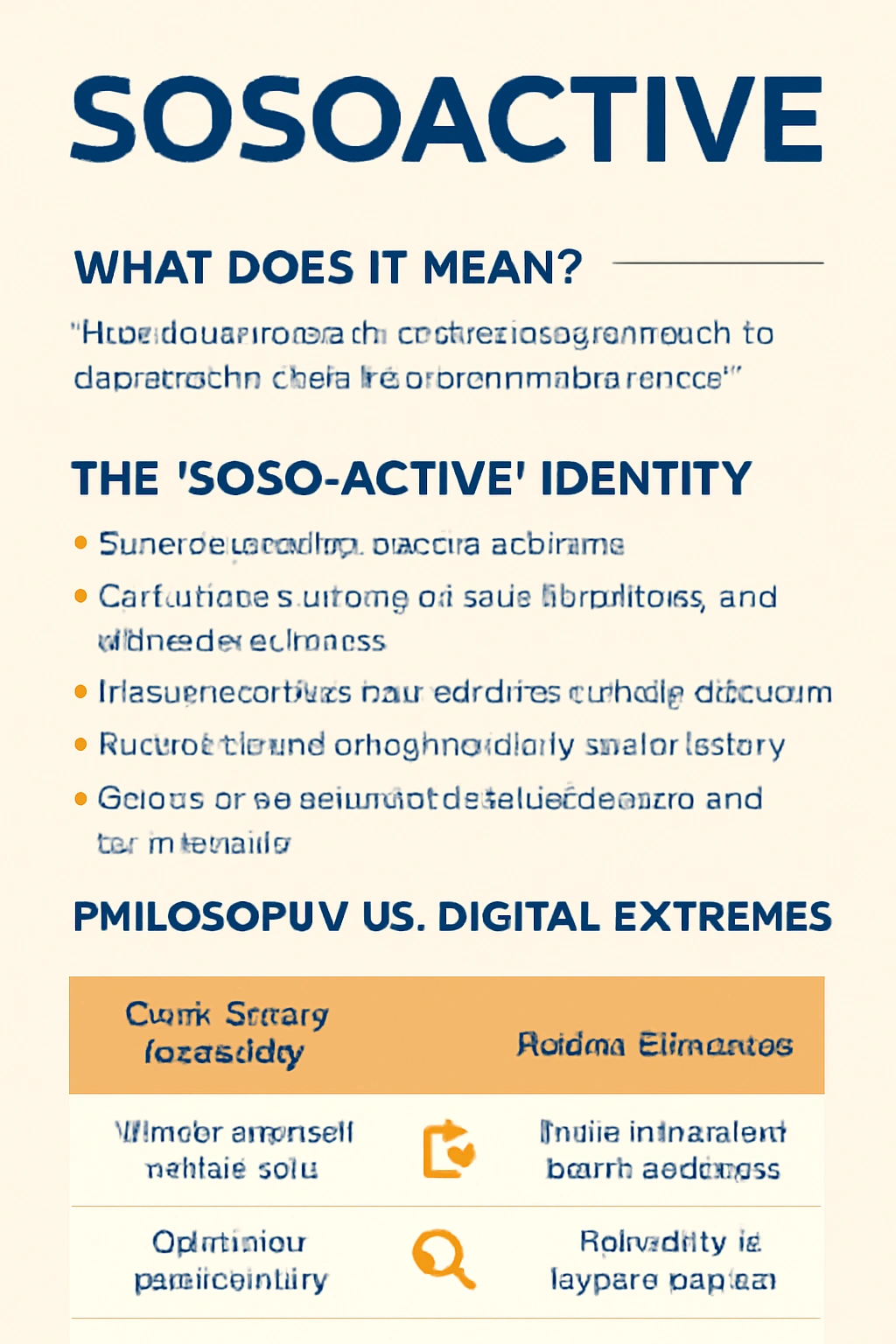What Happens if the Owner of a Life Insurance Policy Dies Before Insured? Ownership Clause is an insurance term applied in various insurance policies and contracts. But stick with us for more

First, what happens if the owner of a life insurance policy dies before Insured? The ownership provision in a life insurance policy specifies which party is entitled to make decisions regarding the policy and its benefits.
It will typically state that the policy owner retains the right to make policy decisions such as changing the beneficiary, withdrawing cash value (if any), and transferring ownership.
What is a Life Insurance Policy?
This is the individual who has the right to make the policy decision. They usually pay the premiums and have all the rights to the value and options of the policy. The ownership clause allows the policy owner to:
- Change the beneficiary: The policy owner has the option of naming whom the death benefit will go to.
- Surrender or end the policy: They can end the policy and obtain the cash value (if any).
- Modify policy terms: They can change the policy terms, e.g., the death benefit, premium payment mode, or riders (additional coverage).
Lastly, the policy owner can pass on their rights to another person or entity.
Ownership Clause in More Detail

The ownership clause is important in an insurance policy because it outlines the owner’s rights and responsibilities under the policy.
The clause indicates the policyholder’s rights under the policy, such as the right to modify or cancel the policy, the right to make a claim against the policy, and the right to assign the policy to another person.
It likewise indicates the obligations of the policyholder concerning the policy. This will involve an obligation to pay premiums on time and keep the policy in good standing.
The Ownership Clause likewise indicates the obligations of the insurance company concerning the policy, such as an obligation to provide cover extension and make payments under claims.
In some cases, the Ownership Clause may also determine the interests of the insurer with the policy; for example, the right to cancel the policy in case of default by the policyholder in paying the premiums or if the policyholder violates the conditions and terms of the policy.
As a matter of fact, the ownership clause is one of the important elements of an insurance policy because it defines the rights and obligations of both the policyholder and the insurance firm.
One must take time to read and understand the ownership clause before signing a policy so that everyone involved knows their rights and obligations.
What is Said by the Owner in a Life Insurance Policy?

The owner is the one who maintains control of the policy during the lifetime of the insured. They are able to, if they so choose, surrender the policy, sell the policy, donate the policy, or make changes to the policy’s death benefit beneficiary. They have complete control of the policy during the lifetime of the insured.
Once transferred, the recipient is responsible for paying all premiums. If you keep making payments on the policy yourself, the IRS might view this as evidence that you are still the true owner. The IRS will then count any life insurance proceeds as part of your estate for tax purposes.
Who is a beneficiary? A beneficiary, instead, is someone on your account who can’t touch the account until the account owner passes away. Unlike a joint account owner, he or she won’t have the same powers and won’t be able to do anything while the account owner is alive
The easiest and most convenient way is never to hold it in the first place. That is, the insured should not be holding the policy, but rather the beneficiary holds and purchases the policy.
Can You Withdraw Money from a Joint Account When Someone Passes Away?
Yes, the surviving joint account owner can typically continue to draw on the account when one of the owners passes away, especially if the account has rights of survivorship. What this means is that the surviving owner automatically receives the deceased owner’s half of the account and has full access to the funds in the account.
Joint accounts are typically opened with rights of survivorship, i.e., when one joint owner dies, the remaining owner(s) automatically become the exclusive owner(s) and can control the account fully.
1. No Probate Required
It eliminates probate, the court process of distributing of the estate of a deceased person. The survivor of the joint ownership may withdraw the funds without recourse to the courts.
2. Procedure
The surviving account holder will need to provide a certified copy of the death certificate and potentially other documents to the bank.
Final Words
Look at the sample card and your card. They will have equal portions. Name of the insured: If you are the policyholder, your name will be here. If one of your relatives is the primary policyholder, it will be their name followed by yours.
Once the paperwork has been processed, the surviving owner is able to access the account and withdraw cash as he or she did before the death of the other owner.







